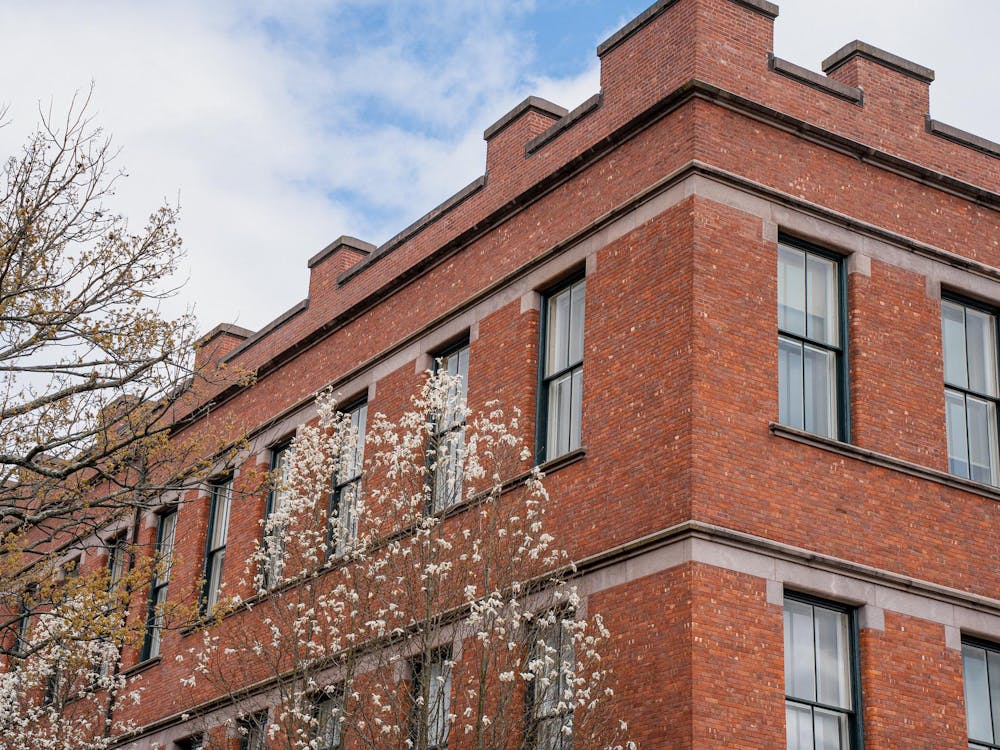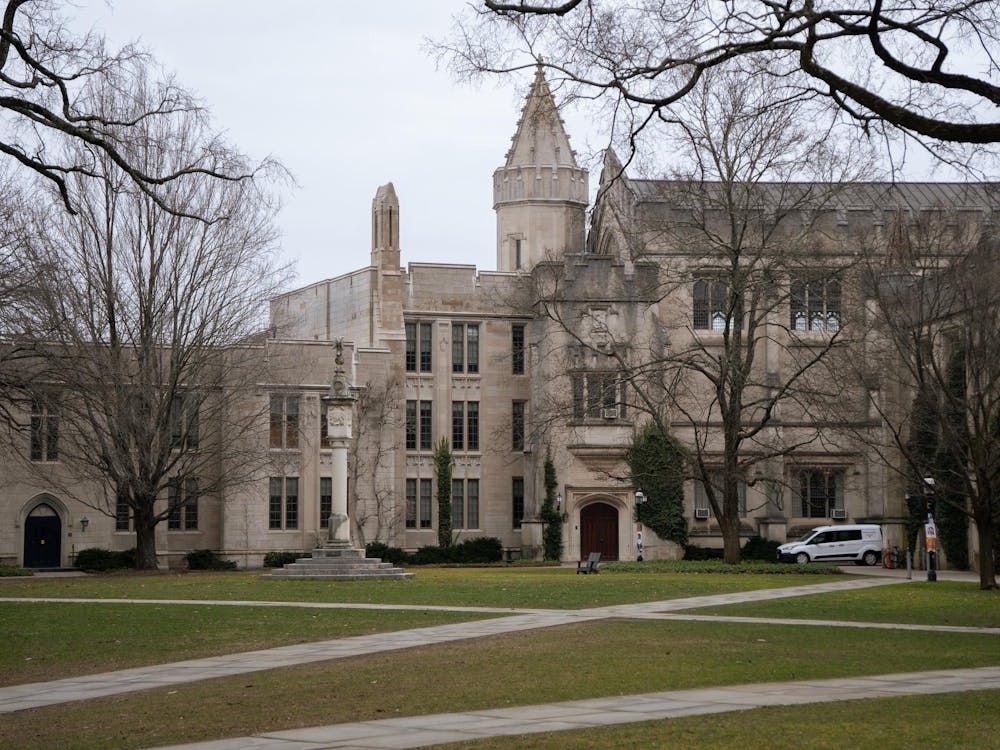On Tuesday evening, over fifty people gathered in Arthur Lewis Auditorium to participate in a forum on segregation in New Jersey, fifty years after the Kerner Commission Report, the Passage of the Fair Housing Act, and the assassination of Dr. Martin Luther King, Jr. The discussion focused on the role of racially diverse suburbs in determining the future of civil rights and integration in both New Jersey and the United States.
Led by Douglas Massey, a Woodrow Wilson professor and co-author of “American Apartheid,” and Myron Orfield, the director of the University of Minnesota’s Institute on Metropolitan Opportunity and author of “Metropolitics,” the forum also featured a panel of local leaders in an effort to bridge the gap between academia and practice.
Among the local leaders was Dr. Diane Campbell, Executive Dean for Student Affairs at Mercer County Community College, who experienced segregation firsthand during her childhood.
“When I think of segregation, I think of my own young life,” Campbell said.
“When I was six months old,” she continued, “my mother took me up in her lap and got on a bus and moved from South Carolina to Trenton, New Jersey. We had to ride at the back of the bus. When we got to the Mason-Dixon line my mother made a point of standing up and moving and, for the first time in her life, she rode in the front of the bus.”
Campbell said that New Jersey still deals with issues of segregation, adding that segregation “hasn’t gone away, so let’s get into it and give it some of our quality attention.”
Professor Douglas Massey, who has studied segregation for the entirety of his adult academic career, called New Jersey one of the most segregated states in America, a “microcosm of the nation.”
Massey emphasized that segregation concentrates both poverty and affluence, in turn creating both highly disadvantaged and highly privileged neighborhoods whose residents have widely disparate access to good schools, safe environments, and opportunity.
Myron Orfield stressed that the future of integration in New Jersey and the rest of the nation lies on the success of racially-diverse suburbs, which he characterized as well-run and crucial for integrating schools. Orfield explained that these communities are threatened by steering -- the practice of real estate agents “steering” black and latino families away from white neighborhoods -- and unequal access to prime loans.
He added that white flight and the creation of wealthy white neighborhoods with low tax rates and large tax bases also threatens the stability of racially-diverse suburbs.
“The good news is that we’ve got some integration now; the bad news is that if we don't act, it's not going to last,” Orfield said.
Orfield added that tax-sharing programs can bolster these vital, integrated communities by decreasing their tax rates while increasing the quality of their public services, like schools. Predictably, residents of wealthier, whiter suburbs tend to oppose this tax reform. However, Orfield said that these tax reforms are still easier to get through the legislature than raising income or sales taxes because the reforms don’t directly affect large corporations.

Orfield said that, while highly segregated, New Jersey has immense potential for successful integration efforts.
“Nowhere in the country is there a more positive possibility for change,“ said Orfield. “It’s hard. Civil rights is hard because it’s based on a struggle.”
The Inclusion Campaign, which works to combat segregation, is holding an organizing and strategy meeting on Thursday, May 17, 6:00 p.m. at Mill One, Hamilton.








